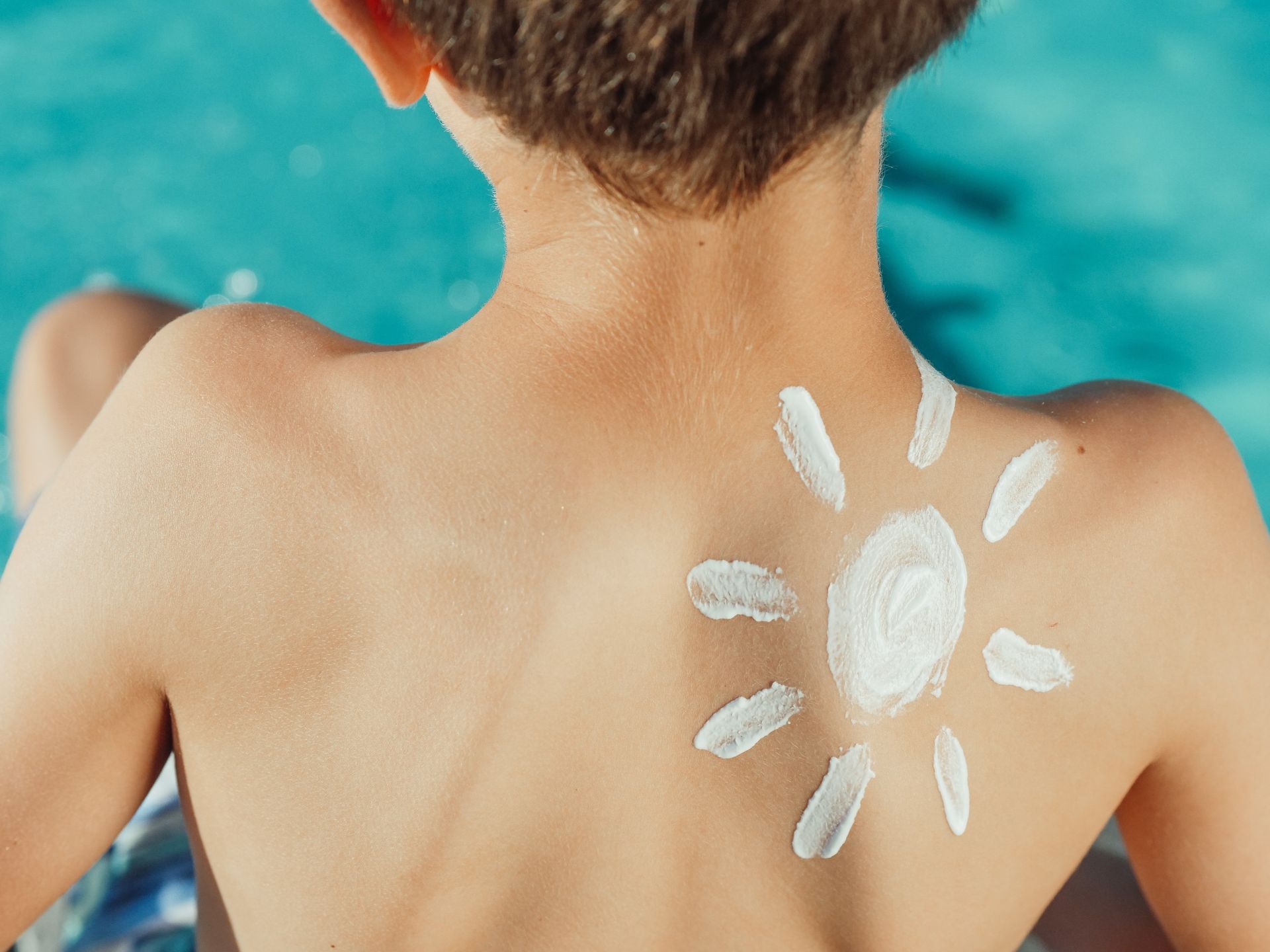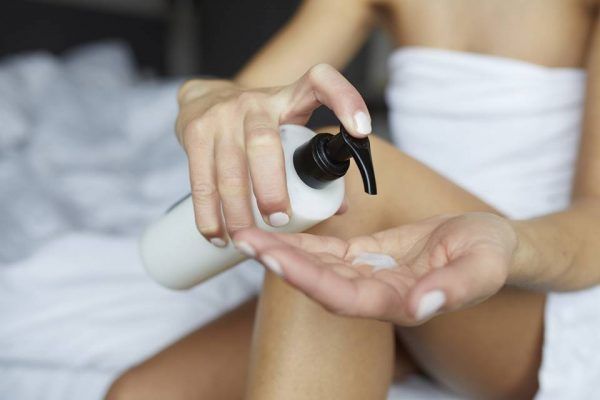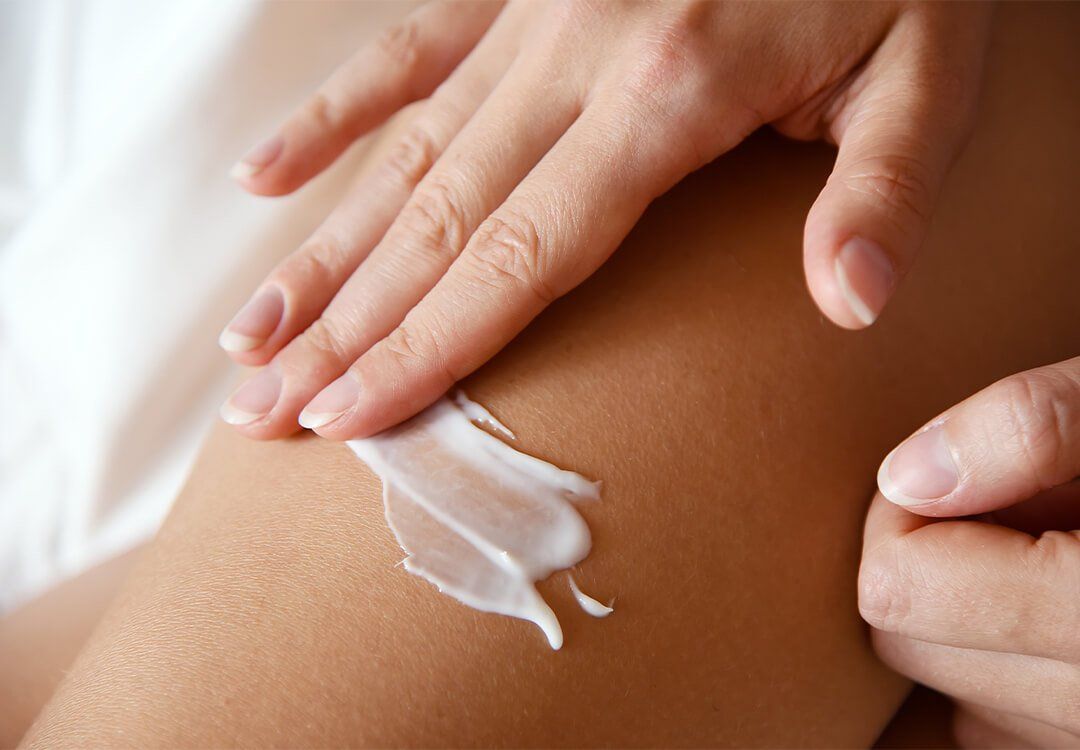Keeping Your Skin Healthy During Winter
Why Is Skin Care So Important?
Skin is such an important organ of the human body. It protects you from the weather. It also protects you against infections, and is part of the body's immune system.
Skin also helps control your body temperature. The blood flow to your skin increases, to release heat from your body, and decreases to keep warmth in. This also affects how much moisture evaporates from your skin, which in turn affects your body's temperature.
And of course skin allows you to feel heat, cold, touch, pain and vibration. Skin is water-resistant, stopping nutrients from leaching out of your body.
Last but not least, skin absorbs ultraviolet light from the sun, which is needed to make vitamin D. This is a critical function that prevents vitamin D deficiency.
Healthy Skin Moisture
There are many factors that affect the level of moisture in our skin:
- Age: Increasing age and menopause can be associated with a natural reduction of skin moisture.
- Skin problems: eczema and psoriasis can cause dryness and/or skin redness
- Internal diseases: thyroid disease, renal disease, malnutrition, diabetes
- Medications: diuretics, cholesterol lowering drugs, retinoids
- Some genetic factors can also affect our skin
The most common causes of dry, irritated skin are environmental factors. These can include:
- Long hot showers or baths
- Excessive hand washing (which we have all been doing through COVID!)
- Contact with harsh irritants such as soaps and detergents
- Air-conditioning and heating
- Sun exposure and sun damage
- Cold and windy weather; dry climate
How To Improve Your Skin Health
It important that we keep our skin in top condition. You can improve skin health by:
- Identifying and treating any contributing factors (see list above).
- Reducing the frequency and length of baths or showers and using lukewarm water.
- Avoiding soap and use soap-free, fragrance-free cleansers or bath oil.
After your bath or shower:
- Pat your skin dry with a soft towel and never rub too vigorously.
- Apply a bland emollient or moisturiser after showering while the skin is still warm and damp.
- Repeat the application of moisturiser as often as necessary throughout the day. Your GP will be able to recommend a good emollient or moisturiser for you to use.
- Your lips and hands may need extra attention. Lip balms need to be applied multiple times throughout the day to the lips. Similarly, thicker moisturisers or balms should be applied to your hands frequently.
- Treat eczema, psoriasis and other skin conditions. Discuss this with your GP or dermatologist
- Wear cotton (or other natural fibres) next to your skin and under wool or synthetic clothing if these cause itching or irritation to the skin
- Use a humidifier to add moisture to the air inside your home.
As always, should you be unsure of the cause or your skin condition becomes worse, please see your dermatologist or book a Growlife Medical GP appointment.
Other Health Articles











